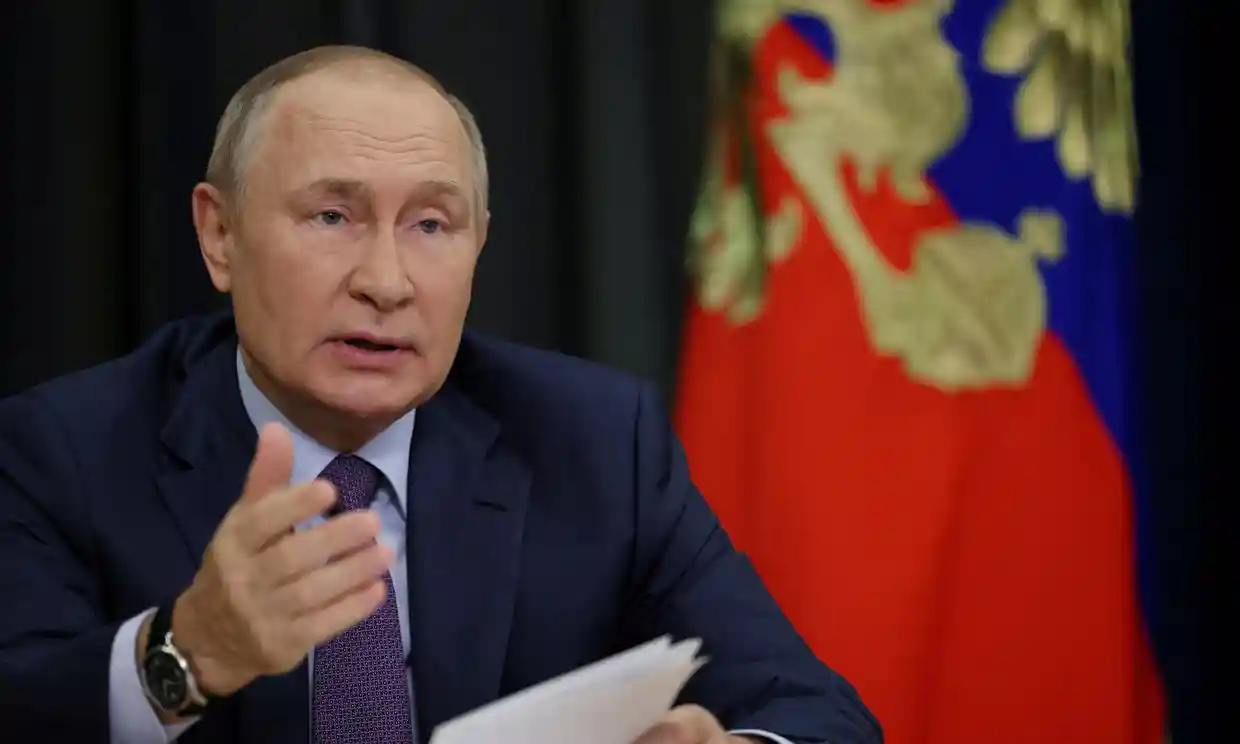The story so far…
Russian President, Vladimir Putin, announced last week his intention to deploy tactical nuclear weapons on the territory of Belarus. Distinctly appears to be another attempt to raise the stakes in the Ukraine Conflict.
In addition, Putin warns that Moscow is ready to use “all available means” to fend off attacks on Russian territory, a reference to its nuclear arsenal.
The Russian President stated that the Belarusian President urged Moscow to station its nuclear weapons on Belarusian territory, as both sovereign nations have close military ties.
The foreign minister of Belarus mentioned in a statement: “Over the last two and a half years, the Republic of Belarus has been subjected to unprecedented political, economic, and information pressure from the United States, the United Kingdom, and its NATO allies, as well as member states of the European Union.” (Aljazeera)
Belarus shares an extensive border with Ukraine, Russia, and NATO members Poland, Lithuania, and Latvia.
“In the view of these circumstances, and the legitimate concerns and risks in the sphere of national security arising from them, Belarus is forced to respond by strengthening its security and defense capabilities,” he added.
In the wake of the Soviet Union’s collapse in 1991, the newly independent nations relinquished all warheads to Russia, completed in 1996.
According to Russia’s state media, the apex leader said the step would not violate non-proliferation agreements.
Interestingly, the announcement to station tactical weapons in Belarus came a few days after Xi Jinping visited Moscow. In a joint statement, Russia and China mentioned that “all nuclear powers must not deploy their tactical weapons beyond their national territories and must withdraw all nuclear weapons deployed abroad.”
What are tactical weapons?
Tactical nuclear weapons also referred to as “small nukes,” are designed for offensive or defensive use at relatively short ranges with relatively immediate consequences.
These include weapons used for antitank assault, antiaircraft defence, battlefield support, aerial combat, or naval combat.
These weapons can yield or have great potential for being several times as powerful as the bombings of Hiroshima and Nagasaki. However, they are small and portable.
Although such weapons have never been used in combat, during the Cold War Era, both the US and Soviet Union developed them as a method of deterrence.
The rationale behind scaling down their tactical nuclear weapon inventories was that there were more efficient ways of deterrence and the question of easy access because of their portability.
Unlike strategic weapons, which are subject to arms-control agreements between the US and Russia, these weapons have not been limited by any pacts. In fact, Russia hasn’t even released any information about such weapons.
What does this move mean?
The deployment of tactical nuclear weapons in Belarus appears to be a tactic for blackmailing NATO and Ukraine, so much so that Europe has become cautious about giving aid to Ukraine. However, it raises the possibility of a resurgence of nuclear arms rivalry.
Furthermore, such deployment in a foreign territory would accompany the stationing of a military base, which may or may not create a trust deficit among the local citizens.
This move cannot be deemed illegal by the West at this point since they have been traveling the same route for many years. Clearly, this is a political action aimed at demonstrating political unity between Russia and Belarus.
In addition, Russian military bases are spread across its vast territory, yet the question of deployment in the Kaliningrad region persists.
The region—a Russian exclave between NATO member nations, namely Poland and Lithuania—being upgraded with nukes would not require an interplay between Russia and any other country. Hence, it justifies the previous argument that this move is ‘primarily political action.’
Whether or not the move came in the backdrop of the International Criminal Court’s (ICC) warrant against Putin or recent talks with China, the strategy of using the threat of going nuclear evidently prolongated.

